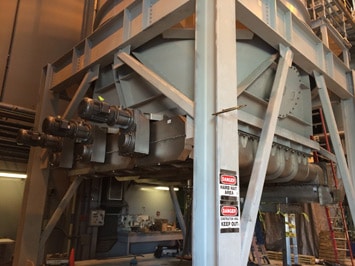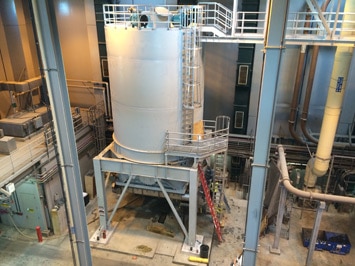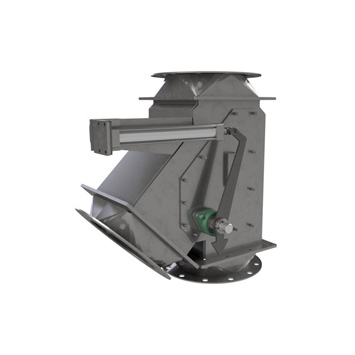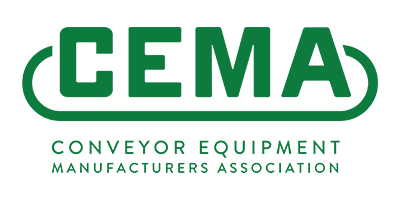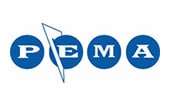Shafted Live Bottoms and Transfer Screw Conveyors for Handling Biosolids City of San Diego
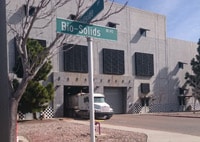 End User or Owner
End User or OwnerCity of San Diego Public Utilities Department
San Diego, CA
AECOM
San Diego, CA
SCW Contracting Group
Fallbrook, CA
Metro Biosolids Center
San Diego, CA
General Description
Located on 39 acres adjacent to the Miramar Landfill, the Metro Biosolids Center is the City of San Diego’s most advanced regional biosolids treatment facility. Biosolids are the nutrient-rich, processed organic material produced by the wastewater treatment process. The facility, which began operation in 1998, is an essential component of the region’s wastewater treatment system.
The City required expansion of their Biosolids storage facility increasing the number of storage, unloading and pumping systems from six to eight. A key design requirement was to ensure that the new systems would be interchangeable with the existing equipment in order to minimize maintenance and spare parts.
The City of San Diego needed a partner who could work with all the parties to develop the system design details and manufacture an unloading system suitable for the extreme operating conditions.
Design Parameters
- Material: Dewatered Biosolids
- Solids Content: 25 to 30-percent by weight
- Material Density: 60 to 70-Lbs. per Cubic Foot
- Maximum Design Capacity: 54 to 1,080 Cubic Feet per Hour
- Duty: 24 Hours per Day, 7 Days per Week
KWS Advantages
The Metropolitan Biosolids Center (MBC) had six silo/live bottom/pump systems currently in operation. The expansion project required adding two additional systems. KWS designed and manufactured custom engineered live bottoms, transfer screw conveyors and slide gates that was dimensionally identical to the existing equipment. The project was on a very tight schedule so the design and manufacturing processes had to be expedited. KWS was up to the challenge.
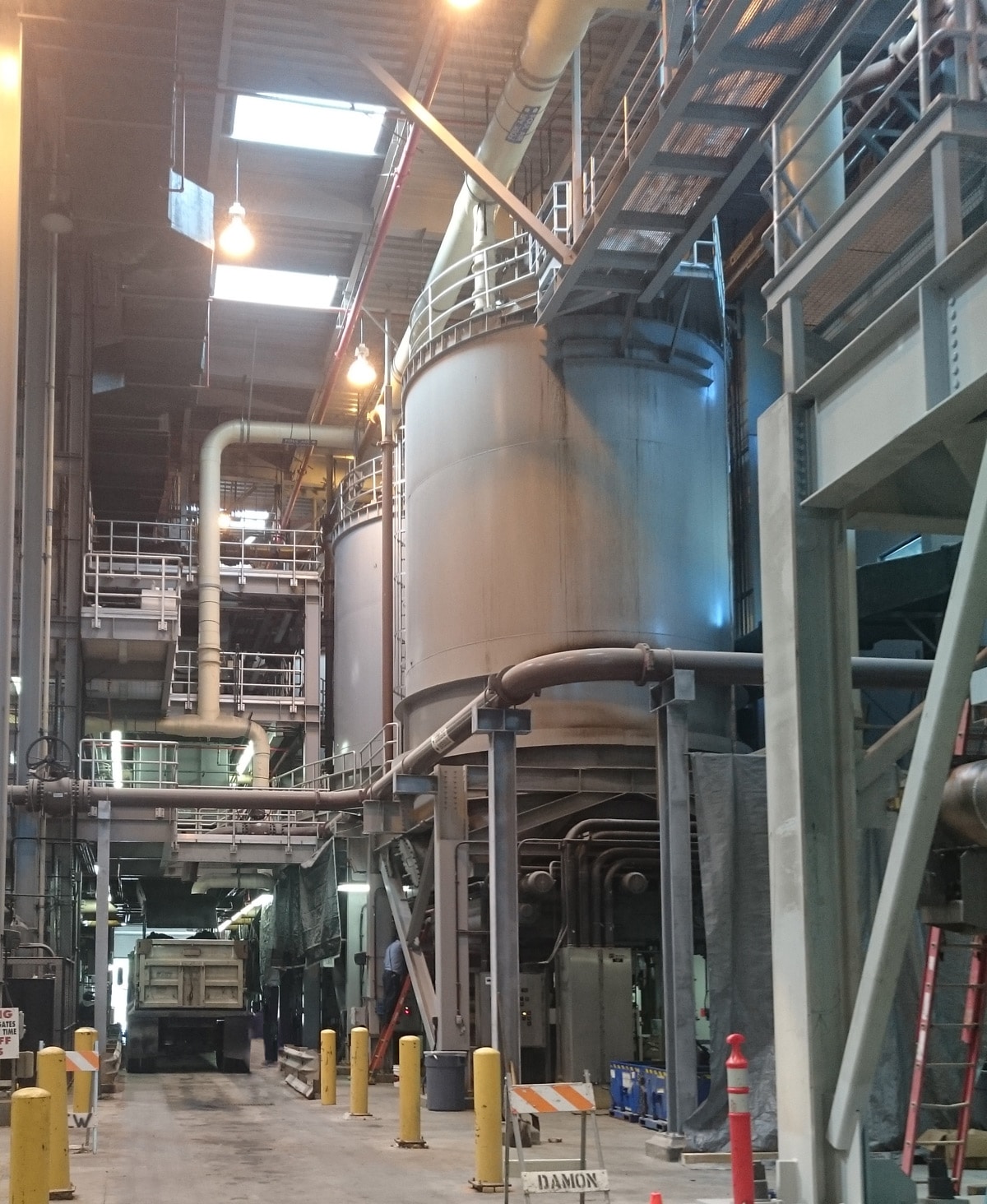
KWS brought unparalleled industry knowledge and experience to the project. The KWS Environmental General Manager had direct experience at the site on several previous projects and brought an incredible amount of experience and knowledge to the current project. KWS designed, manufactured, delivered and commissioned two integrated live bottom systems suitable for the unique testing and operating conditions. The assembled live bottoms and transfer screw conveyors bolted up to round silos and included slide gates at the discharge of the transfer screw conveyors. The live bottoms were designed and tested for a hydraulic water test at 15-psi. The system could not allow any leakage of water at full pressure during the test period. These testing requirements are very unique for a biosolids load out system consisting of flanged and gasketed joints and where rotating shafts penetrated the live bottom endplates. The design and manufacturing required close tolerances and special gasket materials.
KWS has design and manufacturing qualifications and capabilities to meet the harsh design and test requirements that were not available from any other conveyor manufacturer.
Special Features
KWS used proprietary design calculations and Autodesk 3D Inventor software to design the live bottoms, transfer screw conveyors and slide gates. The live bottom screws were designed to evenly unload the silos and the motors and gear reducers were sized to provide sufficient strength and power for all operating conditions.
KWS held tight manufacturing tolerances to ensure that the flanged and bolted connections were watertight and that all assemblies and sub-assemblies were interchangeable with the original equipment.
KWS designed factory test fixtures so that the equipment was fully performance and hydraulically tested prior to delivery. The equipment was hydraulically pressure tested to 20-psig at the KWS factory. Leakage was not an issue in the field and the performance testing was successfully completed to the satisfaction of the Owner and Engineer.
Testimonial
"The equipment was installed without issue and the hydraulic testing went very well considering the complexity of the requirements. We continue to have confidence in KWS’ ability to meet the most difficult of challenges."
Steven Seymour, Project Engineer – Saddleback Equipment
